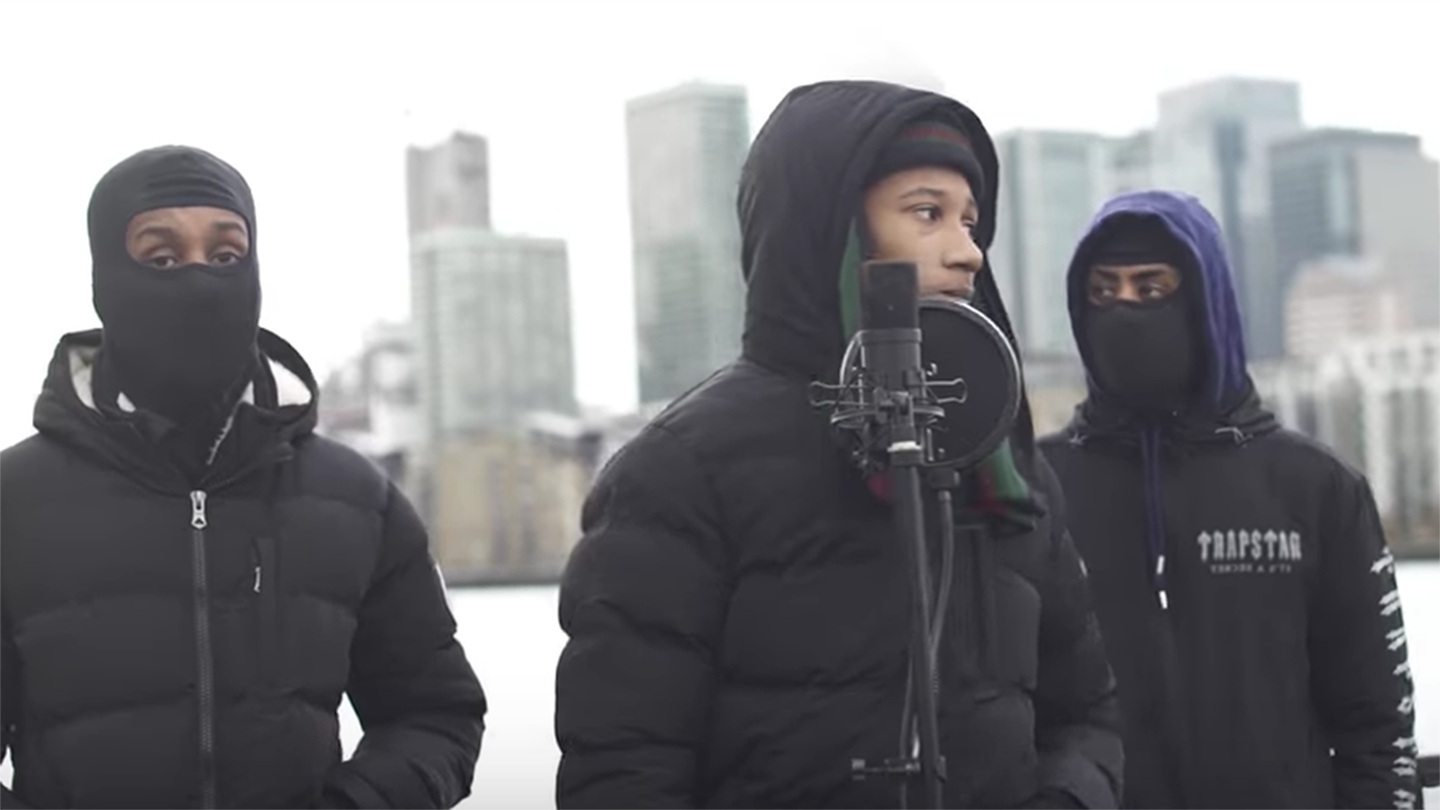YouTube and the Met Police have teamed up on an initiative to tackle violent crime that’s led to the music streaming site deleting more than half of the “violent” videos the country’s most senior police officer asked it to take down.
So far over 30 clips have been deleted, most of them featuring drill music, which Met Police Commissioner Cressida Dick says glamorises violence. Originally a genre from Chicago, the trap style beats and ominous lyrics, which fans say are a depiction of their urban, deprived backgrounds, have become extremely popular in south London. “There are gestures of violence, with hand signals suggesting they are firing weapons and graphic descriptions of what they would do to each other”, a spokesperson for the Metropolitan Police told the BBC. “What looks like a music video can actually contain explicit language with gangs threatening each other.”
Over the past two years police have asked YouTube to delete up to 60 music videos which they said incited violence. But drill fans say the genre is being unfairly targeted and blamed for an upsurge of violent crime, particularly in London. A petition by London-based drill group 1011 calling on YouTube to stop targeting drill videos has already been signed by over 5,000 people.
The problem with the collaboration between Google, who own YouTube, and the police, albeit one made with good intentions, is that the music videos they’re deleting are only a tiny percentage of the violent material available on the site. While YouTube delete drill videos, they leave up music videos from other genres which are just as violent. That’s not even taking into account the hundreds of videos on the site which depict gun violence in video games and real life atrocities. To blame drill music for violent crime while ignoring the dearth of non-musical violent material online is selective at best, and myopic at worst.
Last month Noisey also published an impassioned defence of the genre, arguing that government cutbacks and austerity, not music, are to blame for knife attacks in London. “Instead of using UK music as a scapegoat, the government needs to seriously look at the root causes of this fatal epidemic”, they wrote.
“The rise in youth killing isn’t a UK music issue, it’s a UK government issue. Saying otherwise is mad.”
